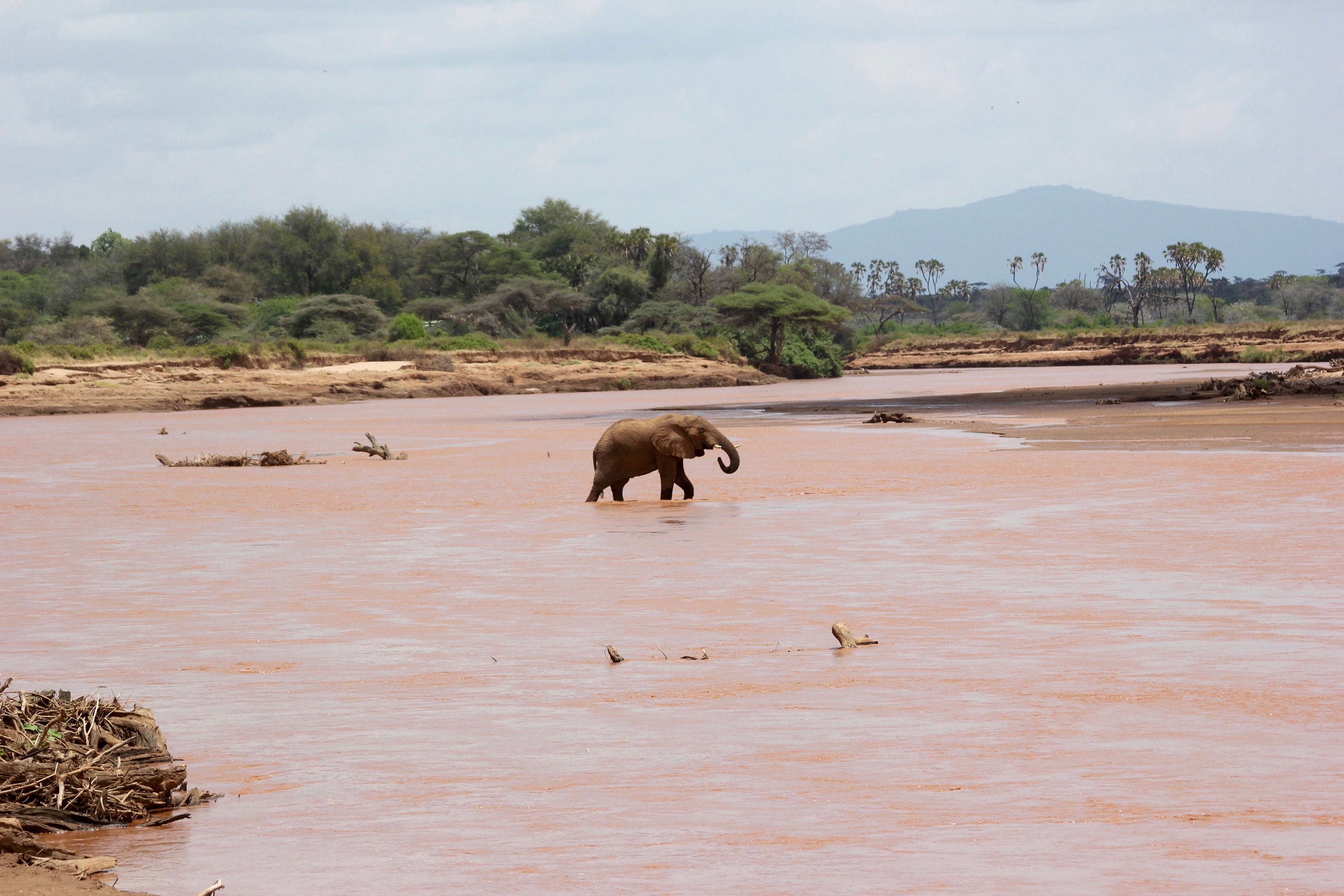Kenyan ‘poacher-turned-gamekeeper’ describes former life
The majority of illegally-killed wild animals die at the hands of local people struggling to make ends meet

Your support helps us to tell the story
From reproductive rights to climate change to Big Tech, The Independent is on the ground when the story is developing. Whether it's investigating the financials of Elon Musk's pro-Trump PAC or producing our latest documentary, 'The A Word', which shines a light on the American women fighting for reproductive rights, we know how important it is to parse out the facts from the messaging.
At such a critical moment in US history, we need reporters on the ground. Your donation allows us to keep sending journalists to speak to both sides of the story.
The Independent is trusted by Americans across the entire political spectrum. And unlike many other quality news outlets, we choose not to lock Americans out of our reporting and analysis with paywalls. We believe quality journalism should be available to everyone, paid for by those who can afford it.
Your support makes all the difference.The number of elephants poached in the Taita Taveta area of southern Kenya has been zero for more than two years. That’s in good part thanks to people like Ayub Vura, who turned his life around when he joined the ranger training program with Wildlife Works. He used to hunt wildlife but now works to protect the animals and their habitat. Along with other locally-trained rangers, he patrols the Taita Taveta Wildlife Conservancies, which cover over one million acres. Dan Kaburu joins the team to learn how their unarmed approach working with local people is paying dividends.
Watch the full story here.
This article is reproduced here as part of the Space for Giants African Conservation Journalism Programme, supported by the owner of ESI Media, which includes independent.co.uk. It aims to expand the reach of conservation and environmental journalism in Africa, and bring more African voices into the international conservation debate.
Join our commenting forum
Join thought-provoking conversations, follow other Independent readers and see their replies
Comments